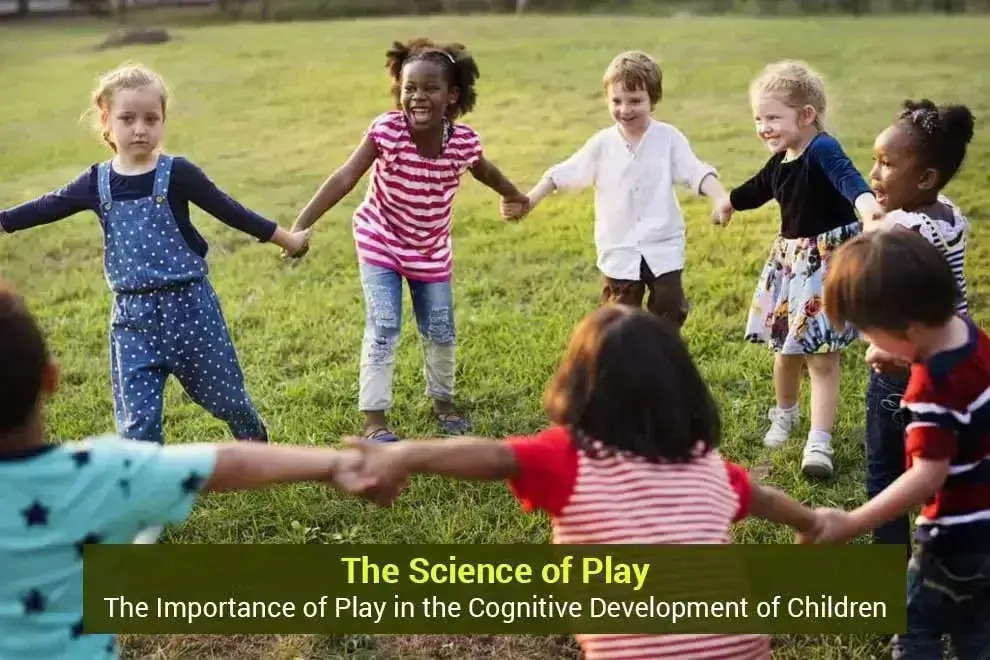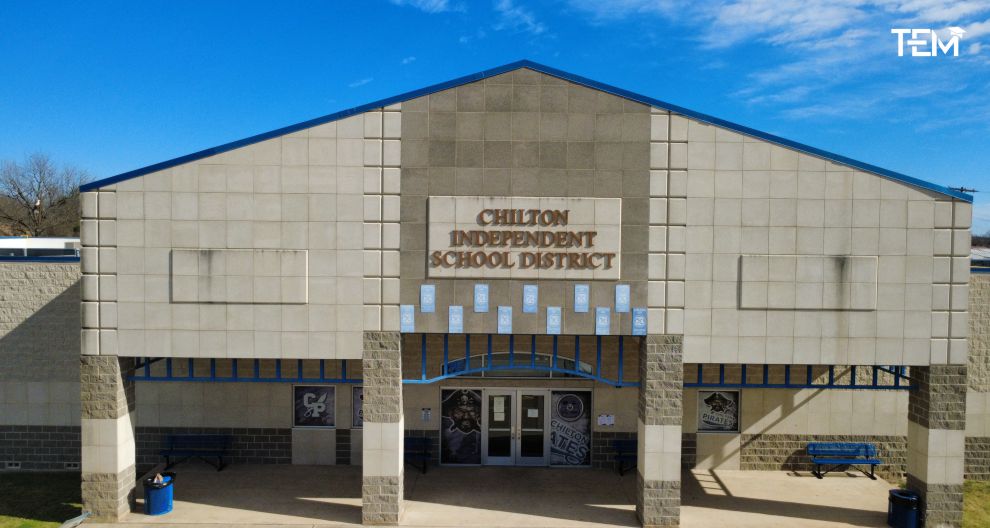Introduction
Play, often regarded as a recreational activity, plays a crucial role in the development of children. It is not merely a form of fun but a profound and meaningful learning process, encompassing cognitive, social, and emotional skills. When a child plays, they are, in fact, engaging in a “laboratory” of development, where they experiment and construct knowledge about the world around them. Play allows children to explore their creativity, develop language, and interact socially—fundamental processes for their holistic growth.
Despite its importance, play is often overlooked in educational settings, viewed as a secondary activity to formal academic content. However, for educators, it is essential to understand that play is intrinsically linked to learning, as it lays the foundation for the development of essential competencies. Play enables children to solve problems, think critically, develop language skills, and cultivate social abilities, making it an essential component in the educational process.
This article aims to highlight the importance of play in early childhood education, demonstrating how it can be a powerful ally in the cognitive development of children. It will also explore how educational policies can effectively integrate this practice to improve educational outcomes, enabling students to reach their full potential.
Play as a Learning Tool
Play goes far beyond mere entertainment; it is a powerful tool for learning. Through play, children have the opportunity to develop complex cognitive skills, such as problem-solving and decision-making. For instance, when a child engages in pretend play, they assume various social roles, such as a doctor, teacher, or parent, which allows them to understand social interactions and experiment with narrative construction. This type of activity also stimulates imagination and creativity, essential skills for intellectual development. To support this, platforms like AISL Mall offer a comprehensive directory of trusted educational products and resources that encourage play-based learning and holistic development in children.
Moreover, play promotes language development. In pretend play, children need to use words to express ideas, feelings, and actions. Symbolic games, like playing house, encourage children to create stories and formulate sentences, which directly contributes to vocabulary expansion and improvement in oral expression. Rhyming games and nursery rhymes, in turn, play a critical role in expanding vocabulary and understanding linguistic structures, developing a linguistic skill set essential for reading and writing.
Play is also a form of multisemiotic learning, as it involves different forms of language, such as gestures, music, and body expression. When engaging in activities that combine various forms of expression, children have the opportunity to understand language in a richer and more diverse way.
As Paulo Freire, the patron of Brazilian education, emphasized: “Reading the world precedes reading the word.” This underscores the importance of pedagogical play as a powerful tool that helps children build an understanding of the world around them, thereby promoting a more effective and meaningful literacy development.
This holistic approach to learning facilitates the construction of knowledge in a meaningful manner, while also creating an environment where learning takes place in a fun and enjoyable context.
Case Study: Implementation of a Play Program in Early Childhood Education
To understand the application of play in the educational context, we examine a case study conducted at a preschool in Belo Horizonte, where a play program was implemented with the goal of promoting cognitive and social development in children. The school’s context is characterized by a high percentage of students facing learning difficulties and socio-emotional challenges. The initiative was an attempt to improve academic performance and promote social and emotional development through playful activities.
The implementation of the program began with an awareness-raising process for both educators and parents regarding the benefits of play in the learning process. Meetings and lectures were held to explain how play can be effectively integrated into the school curriculum. The school also made an effort to ensure that all teachers were prepared to act as mediators during play activities, creating a stimulating and safe learning environment. This involved specific training for educators, focusing on observing children’s interactions and creating activities that would foster critical thinking and problem-solving.
Additionally, appropriate educational materials, such as educational toys, children’s books, and various playful materials, were provided. The school also modified its spaces to create more interactive and creative environments, allowing children the freedom to explore and learn through play. The pedagogical intervention was continuously evaluated, with adjustments made according to the needs identified throughout the process.
Challenges Encountered During Implementation
The implementation of the play program in early childhood education was not without challenges. One of the main obstacles encountered was resistance from some educators and parents, who still viewed play as a non-essential activity for academic development. This perception made it difficult to engage all parties initially. To overcome this resistance, continuous awareness-raising efforts were required, including practical demonstrations of how play can contribute to the cognitive and social development of children.
Another challenge was the scarcity of appropriate educational materials and the lack of time in school schedules to integrate play activities into the formal curriculum. The school routine, often overloaded with academic content requirements, did not leave enough room for regular play activities. To address this issue, the school had to restructure part of its schedule, allocating specific time for playful activities, which was essential for the success of the program.
Additionally, the training of educators was a crucial aspect of the process. Many teachers were accustomed to traditional teaching methods and needed support and guidance on how to mediate play in a pedagogical way. Ongoing professional development was vital to ensure that play was viewed not just as a form of entertainment but as an opportunity for learning. Investing in professional development was necessary to ensure that educators were equipped to observe, intervene, and create play environments that stimulated learning. Results Achieved and Impact on Children’s Performance
After six months of implementing the program, significant results began to emerge. The children showed a substantial increase in their vocabulary and their ability to express themselves in a more articulate and coherent manner. The use of pretend play and playful activities that involved stories and narratives allowed the children to develop a better understanding of texts and improve their reading skills. Social interactions also improved, with the children showing greater willingness to cooperate in group activities and resolve conflicts in a healthier way.
Academic data indicated improvements in text comprehension and writing production. The children began to demonstrate more interest in books and texts, as well as engaging more actively in shared reading activities. This resulted in better performance on tasks involving text interpretation and spontaneous writing. The playful approach contributed to the development of greater curiosity and a stronger willingness to learn.
Another important aspect was the improvement in the children’s self-esteem. By participating in play activities that involved problem-solving and creating narratives, they began to feel more competent and confident in their abilities. This boost in self-esteem had a direct impact on both their academic performance and social interactions, helping to create a more positive and collaborative learning environment.
Critical Analysis of the Process and Lessons Learned
Despite the progress made, the process of implementing the play program brought important lessons to light. The initial resistance from educators and parents was a critical point that needed to be overcome through effective communication about the benefits of play in learning. This highlights the importance of an ongoing awareness and education approach, so that everyone understands the essential role of play in early childhood education.
Another area that could have been improved was the greater integration of digital technologies into play activities. While the use of toys and physical materials was effective, the introduction of digital tools, such as educational apps and interactive games, could have further expanded learning possibilities. Technology offers new forms of engagement and learning, and its integration into playful activities can provide a more dynamic and immersive learning experience.
Finally, the continuous training of educators was one of the keys to the success of the program. Teacher training should not be seen as a one-time event but as a continuous process, adjusted to the needs of the class and advancements in pedagogical areas. The training of educators in pedagogical mediation practices in play is essential for the success of any educational program that uses play as a learning tool.
Conclusion
In summary, the analysis of the case study and the review of the literature converge on the unequivocal recognition of the relevance of playful activities in children’s ontogenetic development, particularly in the cognitive domain. Play, far from being merely a pastime, emerges as a fundamental epistemic mechanism, facilitating the internalization of complex cognitive structures through symbolic manipulation, active experimentation, and mediated social interaction. The results observed in the implementation of the pedagogical intervention program, showing significant advances in vocabulary, expressive capacity, text comprehension, and writing production, support the hypothesis that engaging in structured and pedagogically mediated playful activities optimizes the acquisition of essential cognitive-linguistic skills.
From a more technical perspective, the effectiveness of play as a pedagogical tool can be understood through theoretical models such as Vygotsky’s Sociocultural Theory, which emphasizes the role of social interactions and mediation within the Zone of Proximal Development, and Piaget’s theory of cognitive development, which highlights the importance of assimilation and accommodation in the knowledge construction process. The successful implementation of programs that integrate play into the school curriculum, therefore, requires a reconfiguration of pedagogical practices, with the adoption of approaches that recognize the child as an active agent in the learning process and the educator as a facilitator who intentionally and reflectively orchestrates playful experiences. The allocation of adequate resources for ongoing teacher training and the provision of diverse playful-pedagogical materials are crucial elements for the sustainability and scalability of such initiatives within educational policies.
References:
- Freire, P. (2011). A importância do ato de ler. Cortez Editora.
- Soares, M. (2004). Letramento: Um tema de três gêneros. Autêntica.
- Melo, A. C. F. B. S. (2014). Proposições curriculares para a educação infantil. SMED,
- Belo Horizonte.
- Vygotsky, L. S. (2007). A formação social da mente: O desenvolvimento dos processos psicológicos superiores. Martins Fontes.Ginsburg, K. R. (2007). The importance of play in promoting healthy child development and maintaining strong parent-child bonds. Pediatrics, 119(1), 182-191.
- Berk, L. E. (2013). Development through the lifespan. Pearson Education.
About the Author:
With extensive experience in the field of education, Mrs. Fernanda Cristina G. S. de Almeida specializes in early childhood education, school management, and human resources, working in both the public and private sectors. She is recognized for her contribution to the development of early childhood education in Belo Horizonte, earning the Honorary Merit Award from the Municipal Chamber. A graduate in Portuguese Language and Literature from PUC-Minas, Fernanda also holds post-graduate degrees in various areas such as Early Childhood Education, Literacy and Reading, Neuropsychopedagogy, Special Education, and Integrated School Management. She continues to invest in her professional development through specialized courses and events, always seeking new pedagogical practices to enrich her work. Her career is marked by a continuous commitment to promoting excellence in education, with a focus on children’s development.
Also Read: Home, Study, Elevate: Why Accessible LivingMatters in Remote Learning Setups










